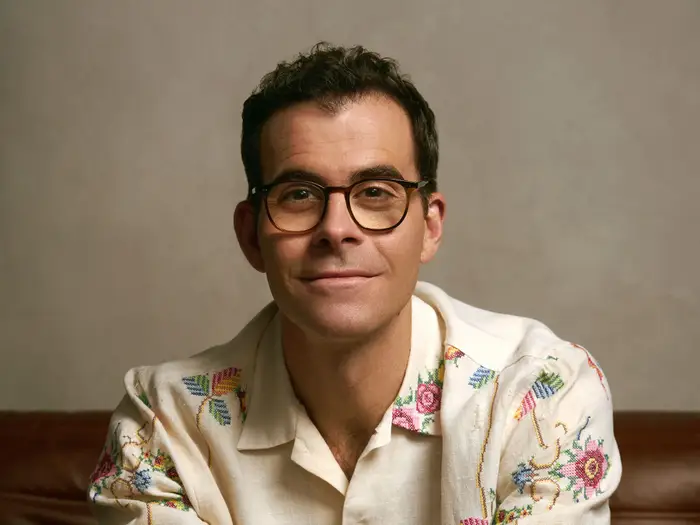An inside look at Treasury secretary nominee Scott Bessent’s research process and ‘competitive edge’

Scott Bessent was nominated to be the Treasury secretary.
As Scott Bessent’s political profile rose, so did the chatter around his macro hedge fund’s relatively poor returns.
Bessent — the former righthand man for billionaire George Soros and now the nominee for Treasury secretary by President-elect Donald Trump — saw billions of dollars leave his firm, Key Square Capital, after its 2016 launch, Reuters reported. The manager lost money in 2017, 2018, 2020, and 2021 before notching double-digit gains in the last three years. This year’s gains were helped by a bet on Trump’s reelection.
In macro investing though, performance can be choppy, and Bessent’s investing process is a throwback to old-school macro traders like his former boss, according to a 2017 Key Square presentation reviewed by B-17.
It’s not clear if there have been any changes to the investment process in the seven years since the presentation was created. Bessent worked for Soros for 15 years and, before that, was the first-ever analyst for legendary short-seller Jim Chanos’ Kynikos Associates.
The presentation details how Bessent might go about crafting his views on fiscal policy in his new role, should he be confirmed by the Senate following Trump’s inauguration.
“Key Square views its research process as a think tank that is bolted on to disciplined trading and risk management,” one slide reads. The manager describes the team as “aggressive intellectuals” who “organize frequent teach-ins” and have a constant stream of outside experts coming to the office to speak to the team.
“Our guiding research principle is change,” the presentation continues, stating that there isn’t a “singular framework” for evaluating potential investments, but instead an evolving view that changes when new information is available.
The firm prides itself on finding that new information. The presentation claims that the Key Square team reads “voraciously,” travels frequently, and taps the firm’s “unparalleled global network of contacts consisting of policymakers, political advisors, industry leaders, corporate management teams, consultants, academics, and market participants.”
Sell-side analysts, though, do not factor heavily into Key Square’s process.
“We finish rather than start with the Street,” the presentation states, tapping the research teams at big banks only to “understand consensus or seek alternative views.”
The presentation also said that it considered the firm’s patience and investment horizon a part of its “competitive edge.”
“We are investors, not traders,” the presentation reads. The typical investment is held for one to three years, and the firm is comfortable waiting to put money to work until the timing is right.
“We invest in the future, study the past, and focus on current pricing.”






